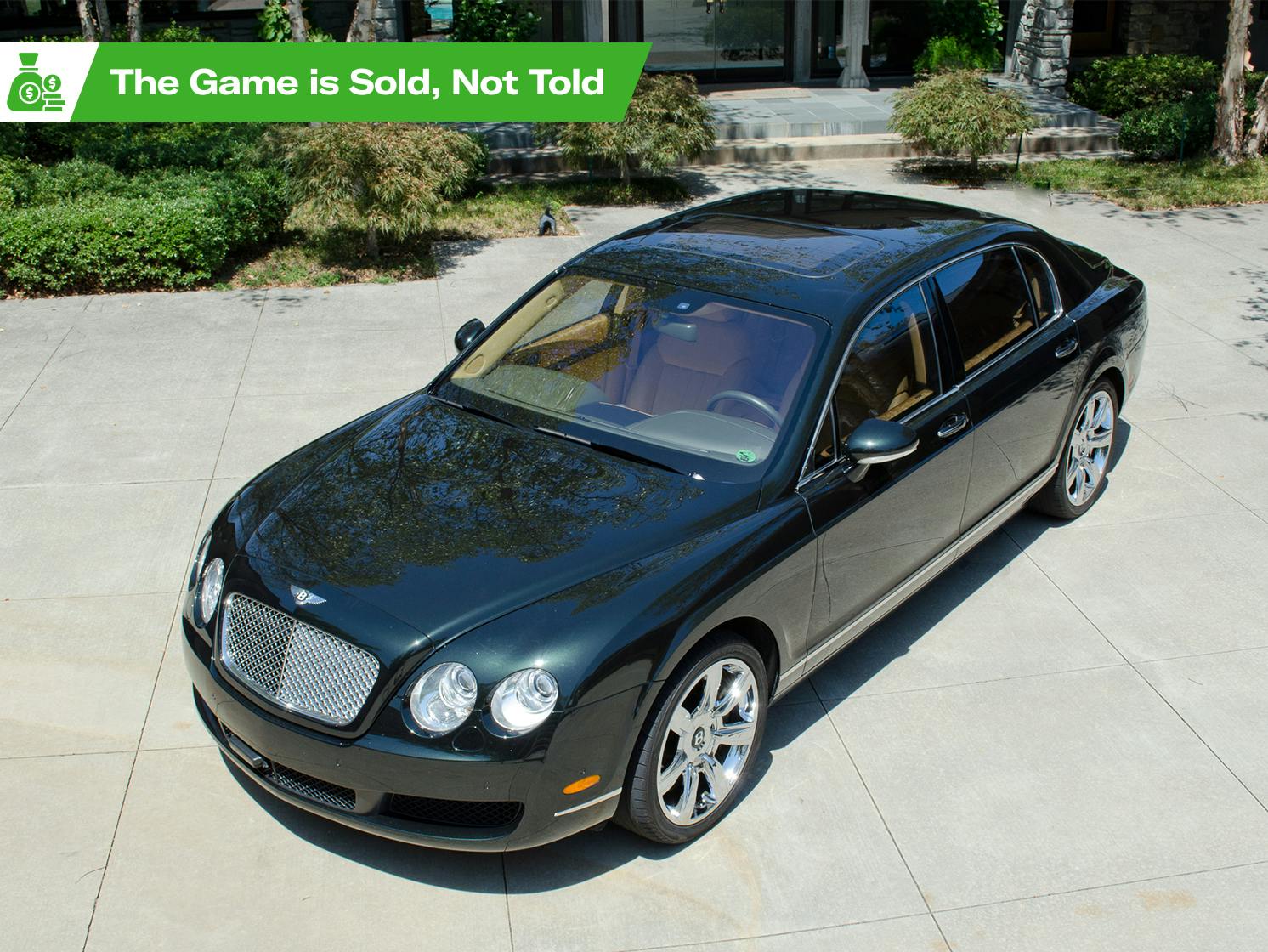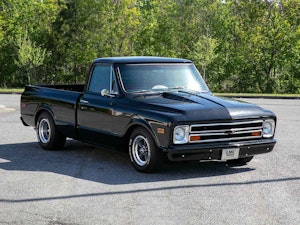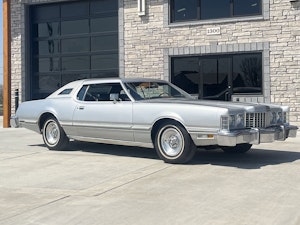Media | Articles
The Game Is Sold: The customer is always strapped

I’m Ethan. Nice to meet you. I sold drugs and did various other crimes as a young adult, but I let it go so I could sell cars to North Carolina’s finest criminals. That S550 on Forgiatos in front of a housing project? I sold it. Your weed man just pulled up in a $60,000 QX80? Money in my pocket. That 7 Series blowing out blue smoke near a luxury shopping mall? It was me. This is a deep game—and the game is sold, not told.
Every used-car dealership is a reflection of its customers, whether it sells restored 300 SL Gullwings to billionaires or moves blue-smoke-blowing Altimas to wanna-be trap lords. Best Coast Motorsports was no different. I had customers that ranged from the prison-hardened guy with $60,000 loose in his pocket to the family of four wanting a better ride to church the next Sunday. Dealing with them all in the same space required a balance that was delicate beyond measure. It was never dull and never easy—but it got done.
I previously spoke on our location being such a valuable piece of the equation. Our showroom was so much more than a place to sell cars. It was a meeting place of sorts; people became very comfortable being there. It created an energy that kept the place in motion most days of the week. That energy was valuable to us because it kept people rolling through our doors. If there was anything I learned later in the franchise side of the business it was the value, and difficulty, of getting bodies through the door.
The big dealers have everything from television ads to mommyblogger reviews driving traffic to their showroom, but on this side of the business it’s hard to get foot traffic. It helps a bit when people drive by your lot and see action; they’re more inclined to see what you have going on. Think about it. You see the clean sport package S550 you’ve had on your mind for months, and the lot has people all over it in and out of cars, asking questions. You’re way more likely to step in than you would be if you could see the cobwebs from the street.
See, when most people bought cars from us they became part of a small friend group of sorts. Unlike the professionally-driven environment of a franchise store, everything we did was like another hook-up from a friend. When the large portion of your customer base is made up of pretty hardcore people you have to be open and able to make them comfortable. I spent a lot of time in the showroom with people recounting tales of crime and incarceration. But we also had to coddle people from the other end of the spectrum too.
Marketplace
Buy and sell classics with confidence
One of my favorite customers was a self-employed West Indian dude in his late 30s, a real creature of the suburbs with just a little appetite for the street aesthetic. I’m not going to use his name because his wife, who is a physician, would kill him. He bought an X5 from us and honestly after we received the check I figured we would never see the guy again. What I didn’t expect was that he would wind up becoming a fixture in our showroom, swinging by at least once a week for lunch and a chat. I never could figure out what he got from the interactions. Maybe he just wanted to feel like he was part of the action.
I remember one day he was sitting in the showroom on his laptop “working” when a disgruntled customer rolled through the door. Here’s the situation: My partner Tom had sold this dude a Flying Spur. Problem was, the Flying Spur started developing transmission problems almost immediately. Now, Tom felt that this was not his problem, as we had a clear “No Warranty” disclosure on the car.
The Spur owner had other ideas. He felt like he’d bought a Bentley, not a 5800-pound paperweight. And he was the type of fellow who expected things to go his way, largely because he would use force to make it happen. So when Tom decided to stop answering calls on this topic, this fellow decided to come on in for a little heart to heart. He walked through the door like Al Pacino welcoming visitors to his bedroom.
“Where the F*** Tom at?”
“What’s the problem?” I should mention that I’m on the far side of six-five and 380 pounds. Most people don’t yell at me. This dude was clearly going to be an exception to that rule.
“That wack Bentley broke down yesterday. Again.”
“And?” Had to meet anger with anger here, I figured.
He reached for his waistband. I knew there were very few things that could happen next, none of which would involve the dude just pulling out a copy of Consumer Reports, and then out of nowhere our suburban pal pipes up:
“Woah woah woah man!”
I don’t even think the angry Bentley owner even knew my man was there when he walked in. There was a pause like the OK Corral, with one man preparing to draw a gun, one man trying to figure out how to handle this with words, and one used-car salesman running an internal fight-or-flight algorithm. Then the Indian dude spoke again:
“Come on, brother—none of us need to go out like this.”
Come on, brother? It was so absurd that the guy relented and moved his hand away from his piece. He backed away from me and actually apologized for his actions. I invited him to sit down to discuss fixing the Bentley and we came to a quick solution. As he walked out, he and my other customer had a kind farewell and robust handshake. The two opposite ends of my customer spectrum had met and it didn’t end terribly.
I think it worked because we made both kinds of buyer comfortable enough to co-exist in that environment. They felt like Best Coast was a place they could be listened to when they had any issues related to their purchase, or just needed a safe place to be. To that extent everybody involved had a want to protect and respect the space for that very reason.
A dealership is a reflection of its customers. Some are profitable, some are a hassle, some become friends, and some walk in prepared to put you in the morgue without a second thought. That’s the business. What can I say? This isn’t a business for people who like cars. It’s a business for people who understand other people. No, the customer isn’t always right. But sometimes the customer is, as we say, strapped.









